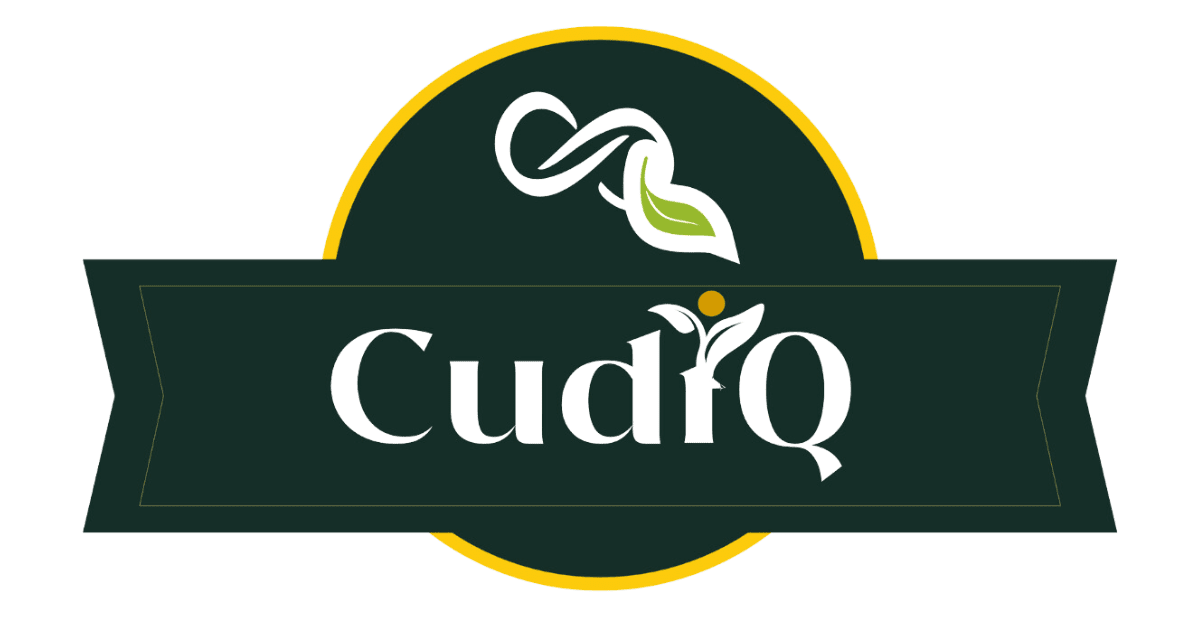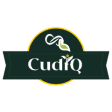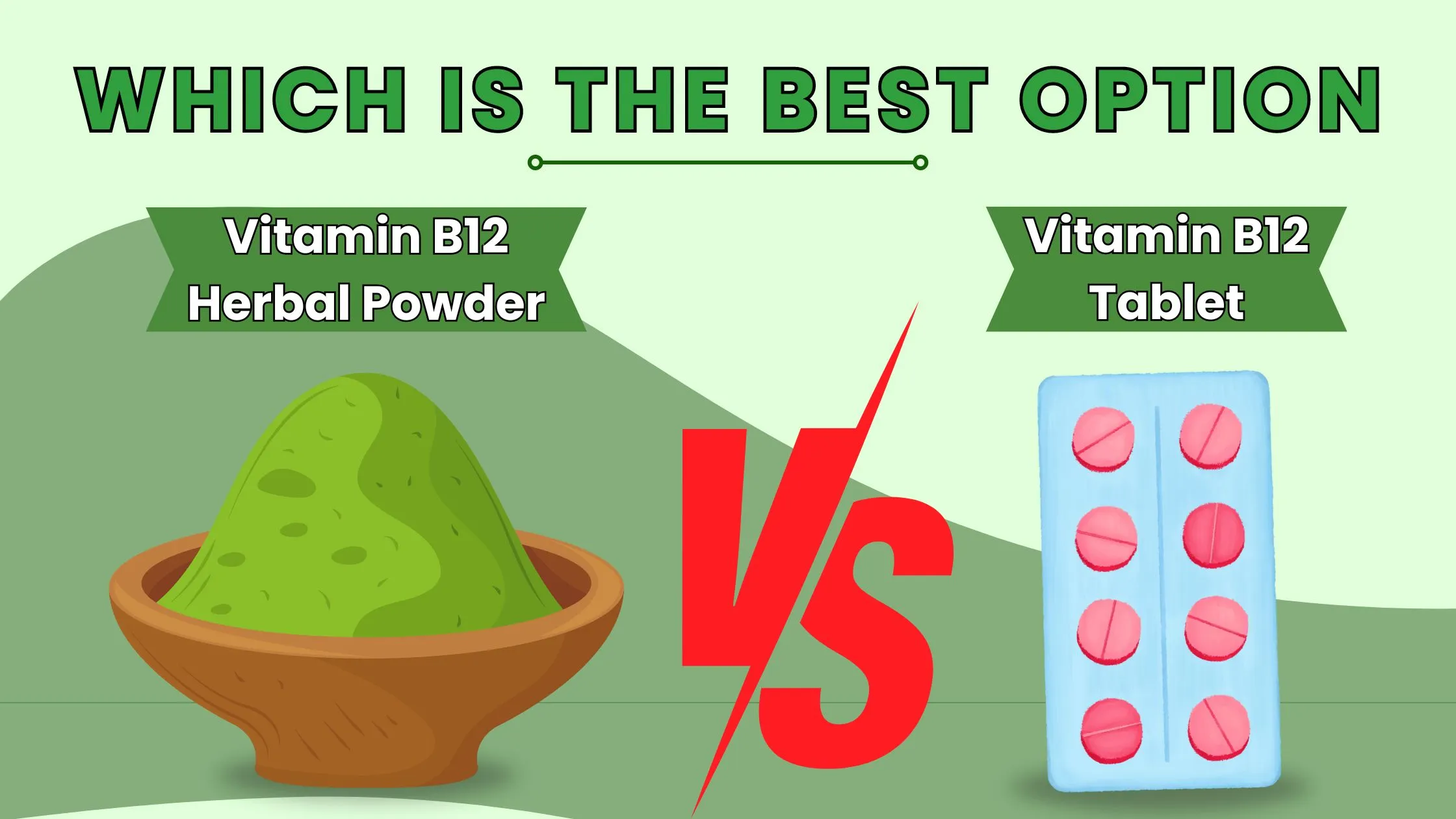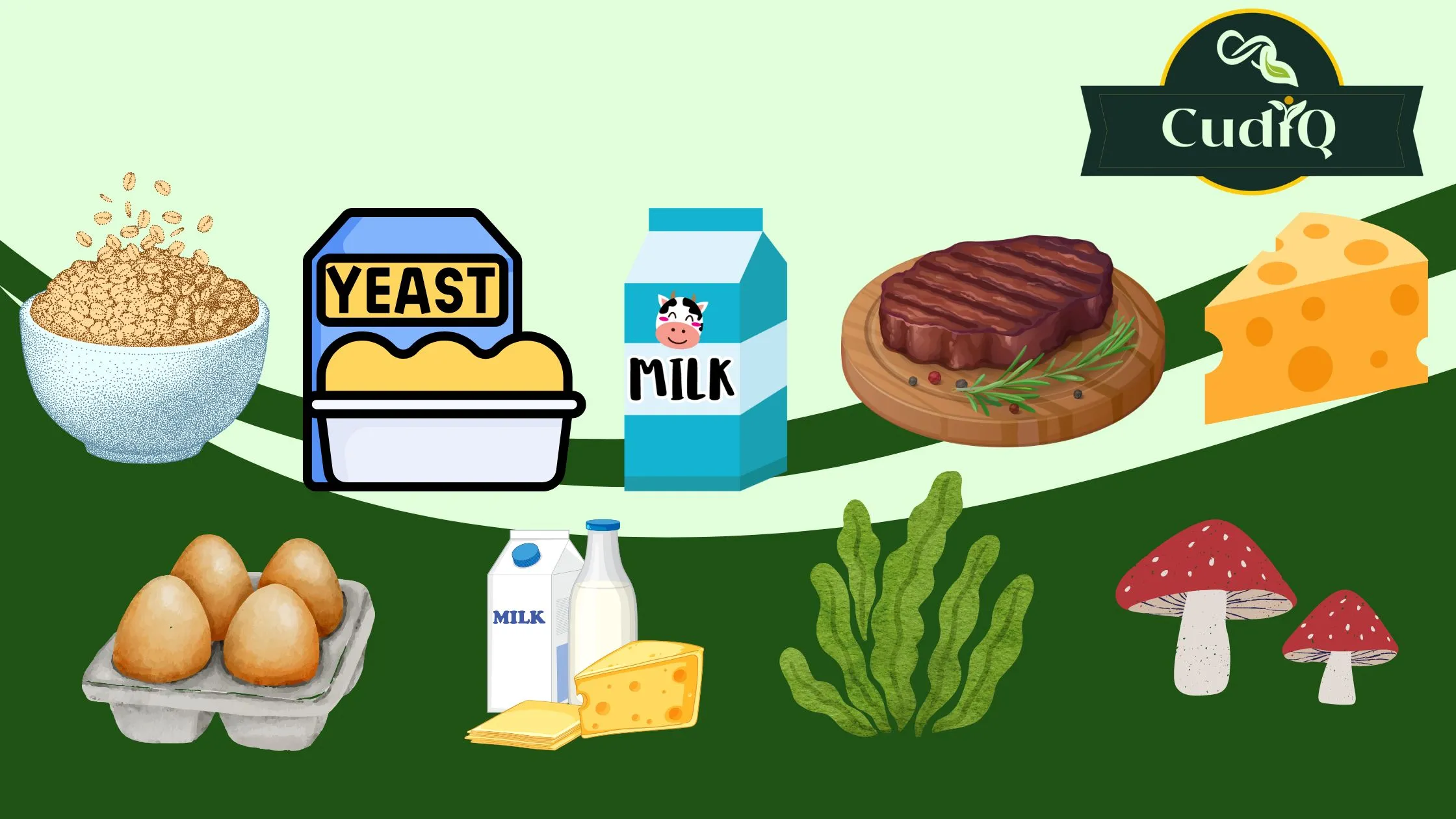What Is Vitamin B12?
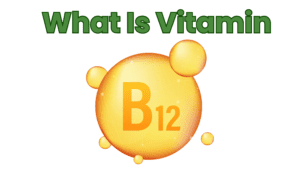
Vitamin B12 is a water-soluble vitamin with many requisite functions in our body. It’s necessary for keeping your nerves healthy, supporting the production of DNA and red blood cells, and maintaining common brain function. Vitamin B12 is soaked up in your stomach with the help of a protein called intrinsic factor. This element binds to the vitamin B12 molecule and supports your blood and cells absorb it. Extra vitamin B12 is stored in your liver. If you consume more than the Recommended Dietary Intake, your body saves it for future use. Your body can’t make vitamin B12, so you must get it from your diet or supplements. Here are 12 foods rich in vitamin B12 to consider adding to your diet.
Sources of Vitamin B12
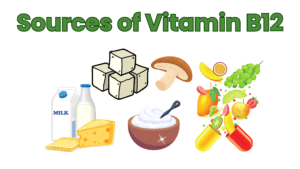
Vitamin B12 is mainly present in animal products, though levels vary drastically. Beef, oysters, and certain fish (such as salmon and tuna) are rich sources of vitamin B12, surpassing dairy and poultry.
- Milk and Cheese
Milk is the best source of vitamin B12. A 250 ml of cow’s milk is similar to half of the daily intake of vitamin B12. Among cheese, Swiss cheese provides the maximum amount of vitamin B12, with 50 gms of cheese containing 1.5 mcg of vitamin B12.
- Curd
Curd is a good source of Vitamin B12-rich vegetarian foods in India. 170 gms of low-fat plain yogurt provides 16% of the body’s daily needs of vitamin B12. This makes it a fairly decent source of vitamins for vegetarians.
- Paneer
Paneer is expected to provide at least 20% of the daily B12 vitamin needed. For example, 200 gms of paneer contains about 1.60 grams of vitamin B12.
- Fortified Food
Fortification adds different nutrients to food that are not naturally present. Though, it needs to be assured that the fortified product you choose to consume has no undesired or harmful additives and is high in whole grains and fibre.
- Whey Powder
Whey powder provides a reasonable measure of vitamin B12. For example, 32 grams of whey powder offers around 8% of the daily intake of vitamin B12. Whey powder isolate is a purified form of whey powder and is supposed to hold a greater content of the Best Vitamin B12 Powder.
6. Shiitake Mushroom
Shiitake mushrooms are one of the finest vitamin B12 foods for vegetarians in bharat. But we suggest you do not depend on them too much, as they do not contain a large amount of vitamin B12. Therefore, to meet your daily vitamin B12, you must consume many mushrooms. We advise you to mix them up with cottage cheese to make a salad or sabzi that fulfills your daily requirements of Vitamin B12 and keeps you healthy! This dish would be one of the best vitamin B12 foods for vegetarians!
How much vitamin B12 do We need?
The amount of vitamin B12 you need each day depends on your age. Average daily recommended amounts for different ages are listed below in micrograms (mcg).
| Life Stage | Recommended Amount |
| Birth to 6 months | 0.4 mcg |
| Infants 7–12 months | 0.5 mcg |
| 1–3 years | 0.9 mcg |
| 4–8 years | 1.2 mcg |
| 9–13 years | 1.8 mcg |
| 14–18 years | 2.4 mcg |
| 19+ years | 2.4 mcg |
Causes of Vitamin B12 Deficiency
Best Vitamin B12 deficiency occure when our body is either not getting adequate or not absorbing enough vitamin B12 from the food that we eat that it needs to function properly. Vitamin B12 is a crucial nutrient that helps your body make red blood cells and DNA, the genetic material in all of your cells. Vitamin B12 deficiency can cause physical, neurological, and psychological problems if it is not treated.
Symptoms of Vitamin B12 Deficiency
A vitamin B12 deficiency can cause anything from fatigue to anemia and even neurodevelopmental delay in early childhood. If left untreated, a vitamin B12 deficiency can cause nerve damage.
Some of the most common symptoms of vitamin B12 deficiency include:
- Weakness
- Numbness
- Trouble walking
- Nausea
- Weight loss
- Pale or yellow skin
- Mental impairment
- Pain and inflammation of the mouth and tongue
- Paresthesia in hands and feet
Vitamin B12 Precautions
When taken by mouth: Vitamin B12 is likely safe for most people. Vitamin B12 is considered safe even in large doses.
When applied to the skin: Vitamin B12 is likely safe for most people when used appropriately.
When sprayed into the nose: Vitamin B12 is likely safe for most people. Vitamin B12 is considered safe even in large doses. Pregnancy and breastfeeding: Vitamin B12 is likely safe when taken by mouth during pregnancy or breastfeeding in the amounts recommended. The recommended amount for pregnancy is 2.6 mcg per day. Those breast-feeding should take 2.8 mcg per day. The safety of larger amounts is unknown.
Post-surgical stent placement: Avoid using a combination of vitamin B12, folate, and vitamin B6 after receiving a coronary stent. This combination may increase the risk of blood vessel narrowing.
Allergy or sensitivity to cobalt or cobalamin: Do not use vitamin B12 if you have this condition.
OUR MORE BLOGS
